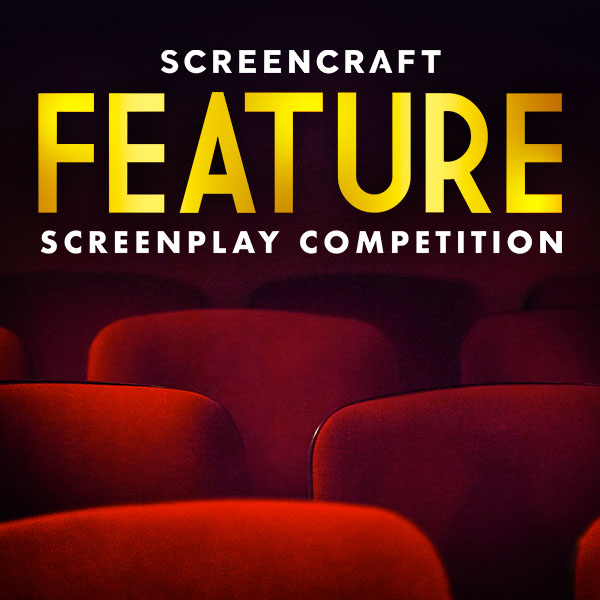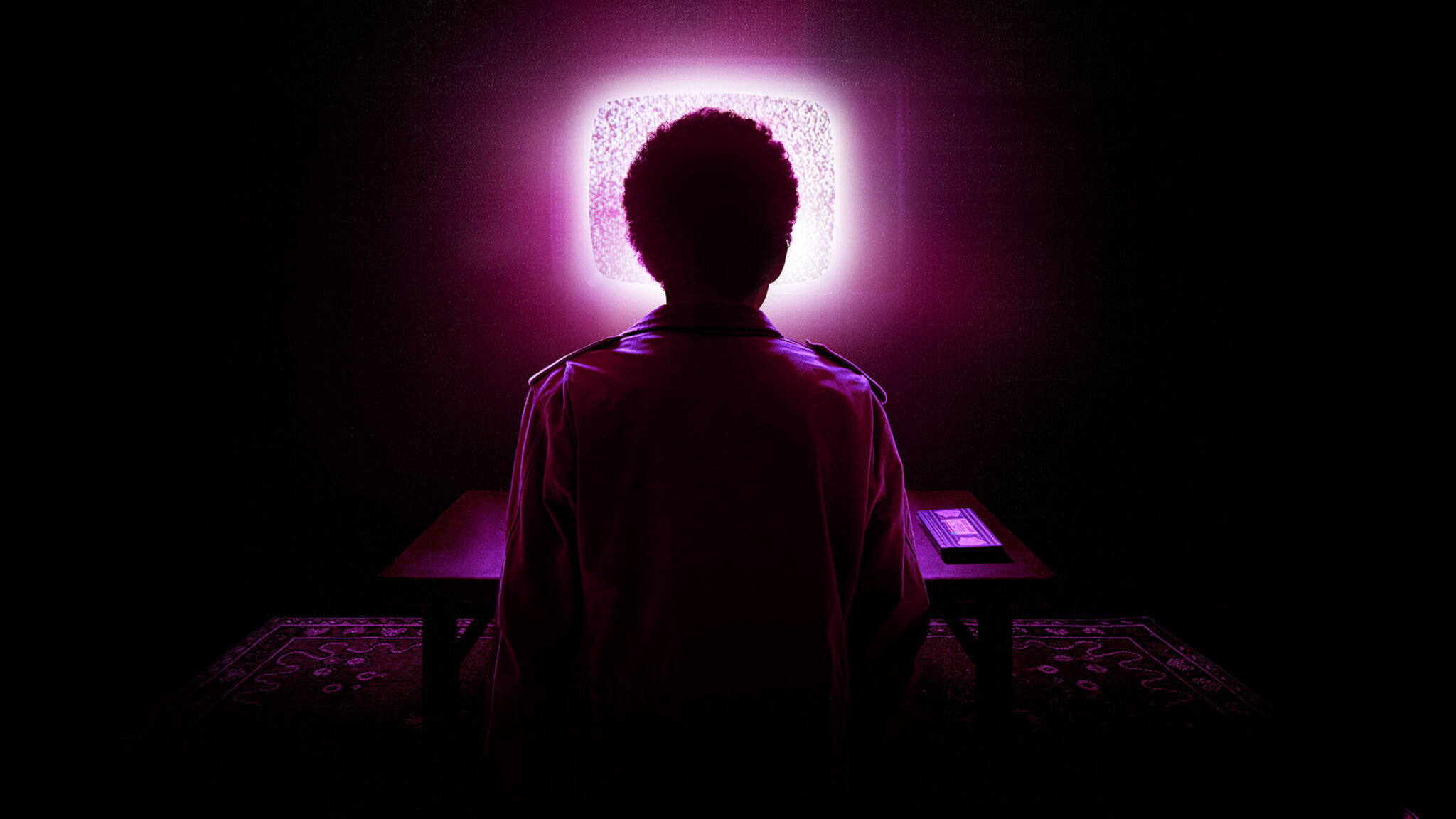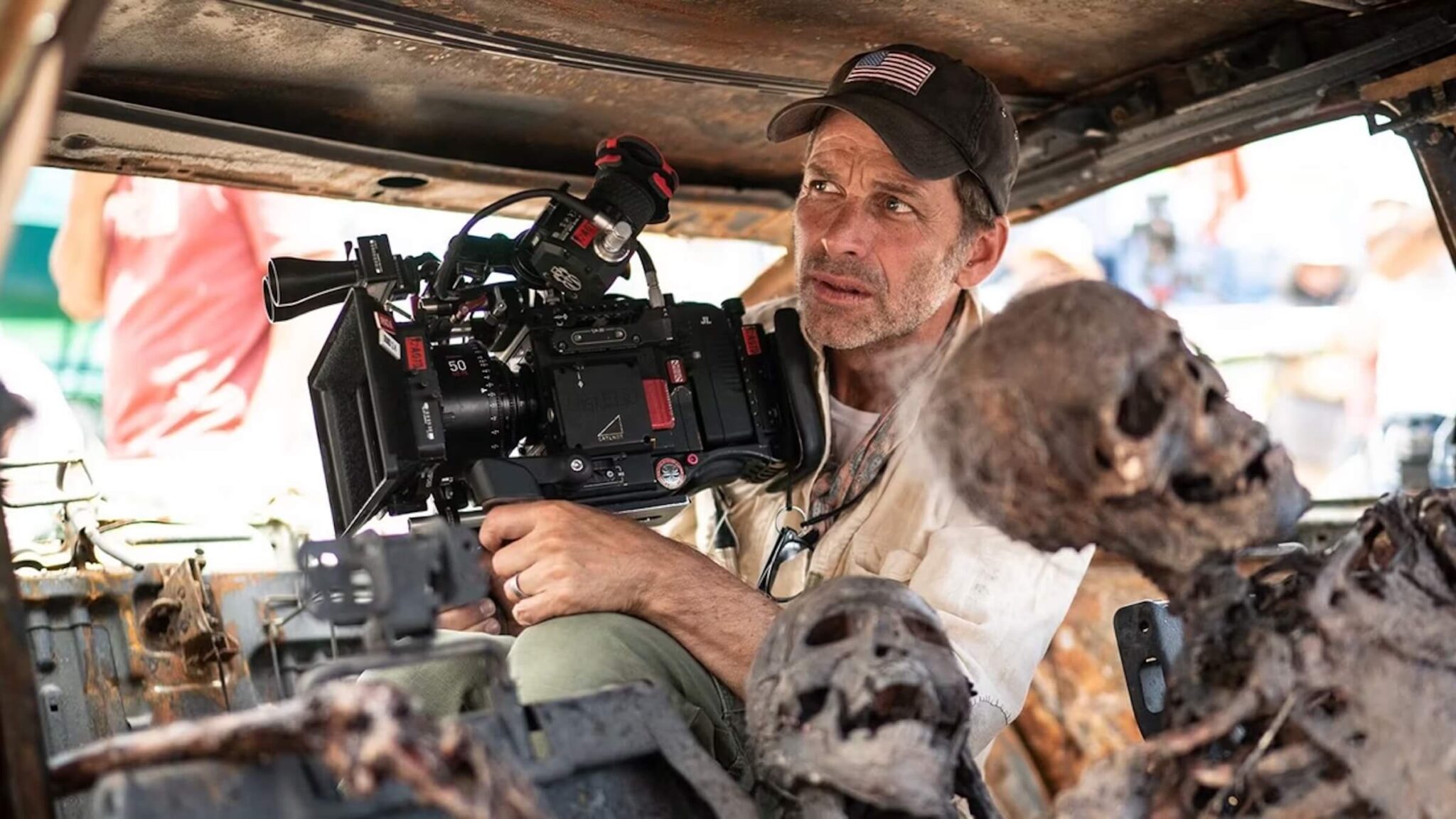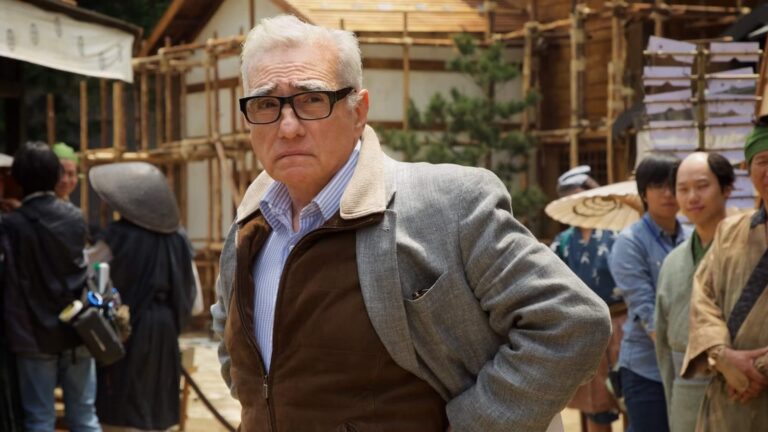
How can you master the art of pitching your novels, short stories, screenplays, or TV series as quickly as possible — a technique known as The Elevator Pitch?
The Elevator Pitch has been around for decades and is utilized in many forms within many different industries. In publishing, film, and television, it refers to a brief description of a project that explains the concept in a way that any listener can understand it in a short period of time.
The reference to an elevator relates to the time it generally takes to ride an elevator between floors — usually ranging from 30 seconds to two minutes.
While pitching a story in an actual elevator is an event that will happen few and far between, the point is that writers need to learn how to pitch their stories in moments of opportunity presented in small amounts of time — usually at writers conferences, film festivals, pitch fests, bars, restaurants, offices, and studios.
Publishing, film, and television executives — and power players — are usually in a hurry. They have little time for unscheduled pitches. But some opportunities present themselves. And writers need to be ready for them.
By the way, be sure to apply for our next ScreenCraft Virtual Pitch Competition!
Here are four elements of elevator pitching that you need to master, be it in an elevator, hallway, conference room, or whatever location you find yourself in during a chance moment of opportunity — followed by advice on how and when not to perform an elevator pitch.
1. Know Your Hook
"Imagine a world where dangerous creatures have killed most of the human race, leaving a just a small percentage of the population left in hiding, struggling to survive — only these survivors can't make a single sound because the quietest noise instantly attracts the creatures." (A Quiet Place)
"Imagine a tourist island that is ravaged by an unstoppable great white shark that nobody can catch." (Jaws)
"Imagine a group of college professors that gather to say goodbye to a colleague, only to listen as he confides in them about a secret he's been keeping — he's an immortal man that has been walking the Earth for 14,000 years." (The Man From Earth)
This is what gets the publisher, producer, development, executive, agent, or manager invested.
The thing about elevator pitches is that they often need to have the luster of an engaging and compelling concept or subject matter. That is what forces them to keep listening.
If you try to pitch your quirky drama about four stoners hanging out in an apartment, they're going to tune out right away and wait for you to stop talking so they can move on to bigger and more important things.
That hook doesn't have to be an original genre concept, mind you. You can hook them with a compelling true story or true crime concept. The fact that your hook is based on a true story will pique the interest of any publishing, film, or television power player.
2. Craft an Extended Logline Pitch
"My script is called A Quiet Place and tells the story about a post-apocalyptic world where a family is forced to live in silence while hiding from monsters with ultra-sensitive hearing."
"My book is called Jaws and tells the story of a killer shark that unleashes chaos on an island resort — and it's up to a local police chief, a marine biologist, and an old seafarer to hunt the beast down before it kills again."
"My screenplay is called The Man From Earth, and tells the story of an impromptu goodbye party for Professor John Oldman that becomes a mysterious interrogation after the retiring scholar reveals to his colleagues he has a longer and stranger past than they can imagine as he implies that he is 14,000 years old."
An extended logline could be anywhere from two to three sentences. Less is more. But it offers just a little bit more information about the story and the characters involved.
This gives them the context of your concept and allows more elaboration on where you are taking the concept that hopefully hooked them.
Learn how to train yourself to be ready for screenwriting success with this free guide.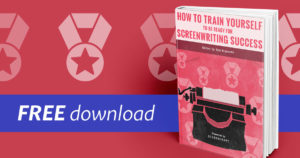
3. Craft a Great Finish
"It all builds to the final moment of the wife having to give birth while her family has left her alone. And she has to do it in silence to avoid triggering the creature's sensitive hearing. And the father has to sacrifice his own life to save his children by drawing the creatures away from them with a scream!"
"It all builds to the final moment of the police chief — remember that he’s afraid of water — alone on the end of a sinking boat in the middle of the ocean with a rifle pointed at this gigantic and menacing great white shark that is swimming towards him with a barrel of compressed air stuck in its jaws. Smile you son of a bitch. Boom!"
"It all builds to the final moment of one of the professor's friends — suffering from a mental breakdown after listening to the constant debate and rationalization of this unbelievable claim — pointing a gun at him to test his friend's claim that he's immortal. He doesn't shoot him in the end, but the professor leaves his friends wondering if he's really what he claimed to be. Immortal."
Some will scoff at the notion of giving away the ending to your script, but that's part of the pitch. You don't want to leave them hanging. It's part of the package.
4. It's This Meets That
The sales concept behind the it's this meets that approach is all about offering more immediate context for the industry insider to latch on to.
When you reference previous movies, they already know the scope, the demographics, the marketing, and the genre. They can also get an idea of the character types involved, as well as the themes explored. And if you're pitching a cross-genre project, that can often work as an excellent additional hook of intrigue.
"It's War of the Worlds meets Hush."
"It's 12 Angry Men meets The Twilight Zone."
And it doesn't have to always entail merging two specific movies, TV shows, or novels. You can reference a particular property and then meld it with a different type of genre, which gives the industry insider an idea of the potential that this concept has.
"It's slasher flick meets Moby Dick."
Some writers may look down upon this process as oversimplifying their projects, but that's not the point. The point is to give the people you're pitching to an instant frame of reference without the need for elaboration.
You're not saying that your novel or script is a copy of those projects that you mention. You're saying that they share similar elements — themes, settings, character types, plot types, and genre elements.
That's Your Elevator Pitch
"Imagine a world where dangerous creatures have killed most of the human race, leaving a just a small percentage of the population left in hiding, struggling to survive — only these survivors can't make a single sound because the quietest noise instantly attracts the creatures. My script is called A Quiet Place and tells the story about a post-apocalyptic world where a family is forced to live in silence while hiding from monsters with ultra-sensitive hearing. It all builds to the final moment of the wife having to give birth while her family has left her alone. And she has to do it in silence to avoid triggering the creature's sensitive hearing. And the father has to sacrifice his own life to save his children by drawing the creatures away from them with a scream! It's War of the Worlds meets Hush."
"Imagine a tourist island that is ravaged by an unstoppable great white shark that nobody can catch. My book is called Jaws and tells the story of a killer shark that unleashes chaos on an island resort — and it's up to a local sheriff, a marine biologist, and an old seafarer to hunt the beast down before it kills again. It all builds to the final moment of the police chief — remember that he’s afraid of water — alone on the end of a sinking boat in the middle of the ocean with a rifle pointed at this gigantic and menacing great white shark that is swimming towards him with a barrel of compressed air stuck in its jaws. Smile you son of a bitch. Boom! It's slasher flick meets Moby Dick."
"Imagine a group of college professors that gather to say goodbye to a colleague, only to listen to his claims of being an immortal man. My screenplay is called The Man From Earth, and tells the story of an impromptu goodbye party for Professor John Oldman that becomes a mysterious interrogation after the retiring scholar reveals to his colleagues that he has a longer and stranger past than they can imagine — he has been walking the earth for 14,000 years. It's 12 Angry Men meets The Twilight Zone."
These examples are oversimplified to be sure, but they represent the core of what an elevator pitch needs to accomplish.
You need to know your hook, know your extended logline, have a great finish, and offer them some context that they can instantly grab hold of and make visual reference to.
That’s your elevator pitch. That is all you need to convey the necessary information that those publishes, producers, development executives, agents, and managers need to know.
The rest is out of your control. They’re either going to respond to it or not, depending on their own tastes, needs, and wants.
You need to make it engaging. You need to deliver it with the excitement that propelled you to write it in the first place. And you need to deliver it with confidence and control.
Practice it while you pace around in your living room, pretending that you’re at the event. Practice it in front of the mirror. Practice it in front of family members, friends, and peers.
The more you know it, the more natural it will feel in the moment. And despite having done all of this preparation, you need to make sure that it comes out as organically as possible.
But Don't Be a Pest
The final step to mastering the art of the elevator pitch is knowing when you should and shouldn't be attempting them.
You have to respect boundaries. You have to respect privacy. You have to respect their time. Be sure to give them their space. Trying to corner industry insiders in between screenings or panels is the worst time and place to attempt a conversation.
These people are busy during film festivals and writing conferences. There may be opportunities between events, but you need to remember that they may be rushing to get something to eat, heading to the bathroom, meeting with a peer of their own, making some calls, checking their emails, or heading to their next event. Don’t be the one to prevent them from doing that.
Bars and the designated mingling areas are the places to be.
And then mingle. Be social. But do not, in any way, shape, or form tell them that you are a screenwriter. If you mention that to any of them, the conversation instantly turns superficial. Wait for them to ask you what you do.
If they've finally asked — or you’ve found a subtle way to make that segue — don't forget to remain humble when that happens. Don’t go into the pitch.
Just say, "Oh, I’m trying to shop a couple of projects. Specs." Then wait and see if they seem interested and want to know more. Use what you’ve learned in the conversation before that and ascertain what may be the best script of yours for them.
And then take it from there. If they react and want to know more, great. If not, no problem.
Read ScreenCraft's Three Achievable Networking Goals Screenwriters Can Accomplish!
Ken Miyamoto has worked in the film industry for nearly two decades, most notably as a studio liaison for Sony Studios and then as a script reader and story analyst for Sony Pictures.
He has many studio meetings under his belt as a produced screenwriter, meeting with the likes of Sony, Dreamworks, Universal, Disney, Warner Brothers, as well as many production and management companies. He has had a previous development deal with Lionsgate, as well as multiple writing assignments, including the produced miniseries Blackout, starring Anne Heche, Sean Patrick Flanery, Billy Zane, James Brolin, Haylie Duff, Brian Bloom, Eric La Salle, and Bruce Boxleitner. Follow Ken on Twitter @KenMovies
For all the latest ScreenCraft news and updates, follow us on Twitter, Facebook, and Instagram.
Tags
Get Our Screenwriting Newsletter!
Get weekly writing inspiration delivered to your inbox - including industry news, popular articles, and more!



